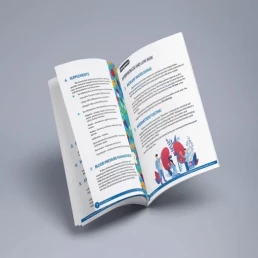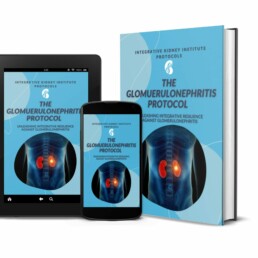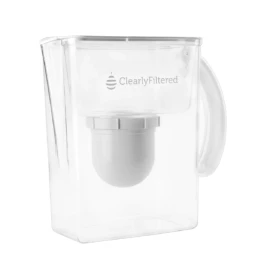We combed through multiple medical journals looking for the latest research on the Integrative approach to kidney health. We know your time is valuable so we curated and summarized these studies for you. Welcome to the InKidney June Research and News
A high intake of ultra-processed food is associated with a 24% increased risk of developing kidney disease
In this study published ahead of print, researchers studied 14,679 middle-aged adults without CKD at baseline in the Atherosclerosis Risk in Communities (ARIC) study. They divided them according to their ultra-processed food consumption into 4 quartiles.
During a median follow-up of 24 years, there were 4,859 cases of incident CKD. After adjusting for a range of confounders including lifestyle factors, demographic characteristics, and health behaviors, participants in the highest quartile of UPF consumption had a 24% higher of developing CKD compared to those in the lowest quartile.
Substituting one serving of ultra-processed foods with minimally processed foods decreased the risk of CKD by 6%.
Read the study
Join us to end the kidney disease epidemic and receive the FREE Report “5 Pitfalls to Avoid When Caring for Kidney Patients”
Coffee consumption is associated with a decreased risk of acute kidney injury
The same cohort of the ARIC study above was evaluated for the risk of developing acute kidney injury (AKI) according to their coffee consumption (cups/day).
1694 cases of incident AKI were noted during the 24 years of follow-up. Drinking more than 2 cups of coffee a day was associated with a 17% less risk of developing AKI. This association remained significant after adjusting for all other variables.
Read the study
45% of CKD patients are on potentially inappropriate medication
In a study of 375 patients published in Clinical Nephrology, patients with chronic kidney disease (CKD) were checked for potentially inappropriate medications (PIM). PIMs were checked based on kidney function (PIM-K) and age (PIM-E).
PIM-K were defined by prescription instructions of product labeling, while PIM-E were defined by BEERS, PRISCUS, and FORTA criteria. If you are not familiar with these criteria, you can learn about them here.
44.5% of all CKD patients had PIM-K. The risk for PIM-K was increased by 3.8 with 10 or more prescriptions and by 8.7 with an eGFR below 30 mL/min/1.73m2.
This study emphasizes the importance of caution and paying special attention to medication prescribing in CKD and elderly patients.
Read the study
Join here to receive FREE monthly updates on the latest research in Integrative Nephrology, and tips on managing kidney disease straight to your inbox.
We would love to hear your feedback. Let us know what you think of these educational materials and if you like us to focus on certain topics. Email us at info@inkidney.com




